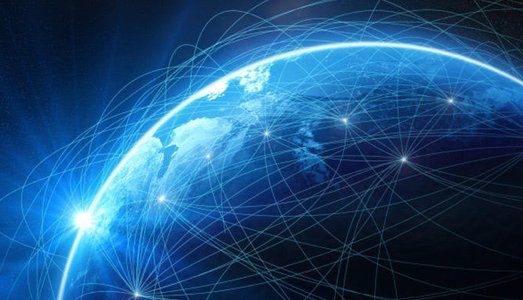What are ways of finding your personal religion? This can be explored by considering what separates us from the rest of the animal kingdom? One factor is ritual. Unlike other animals, our earliest ancestors would purposefully bury the dead. This suggests we’ve always had a deeper appreciation of life, death and the possibility of an afterlife.
As our understanding and belief grew in complexity, more organised belief systems flourished in all corners of the globe. For better or worse, finding meaning to our existence is an innate part of us.
Today, traditional models of religious thinking are increasingly seen as outdated and inconsistent with the modern world. This leads us to openly attack and discredit it – think of the media focus on a child-abusing priest or a suicide bombing jihadist. As we grow in sophistication and understanding of the world around us, the developed world is slowly moving away from traditional ideas of religion.
Whatever your views, I would suggest that everyone has a religion – we just tend to narrowly define it as a blind form of ritualistic worship. The Road Less Travelled sets out that anyone with a set of ideas or beliefs about the world has a religion. This is an exploration on how you can find your personal religion.
Our Personal Religion
When we are young, our understanding of the universe is small. We believe whatever our parents and elders tell us – and they create our first mini universe. The most significant part of this universe is not necessarily what they say, but what they do. The combined treatment of our elders determines our beliefs about the nature of the universe – and they become our ‘God.’
If our elders are caring and considerate, we grow up believing in a loving and forgiving God
If they neglect or punish us unfairly, we see a harsh, vengeful and unjust God.
When we expand out of our family universe into the wider world, we have a unique but defective interpretation of how the world works. Our interpretation creates our first conflict: our relationship between religion and reality. We end up imposing our views of the world onto others without really understanding where these views come from. In reality, we have an incomplete piece of a larger puzzle.
We tend to blindly defend our interpretation, believing it to be the correct way. But the truth is the religion of your parents, friends and family is not your religion. Out of a living population of 7 billion, we are each as unique as our fingerprints. This makes it important for us to find a set of beliefs which suits our individual needs.
By challenging our narrow views, we avoid deluded thinking and create a personal religion which stays grounded in reality. So what’s our relationship with traditional religion.
Traditional Religion
Major world religions, in their simplest form, are a set of moral teachings to give life structure, direction and meaning.
It is a tool – and like any tool, it can be used to create great beauty or cause massive destruction. By focussing on the destruction religion causes, we feel justified to dismiss its entire purpose. The problem, and beauty, is that religion is left open to our interpretation. As complex conscious beings we are poor examiners – subject to superstition, bias, prejudice and subjective views.
Over centuries we have left interpretation of teachings open to religious ‘leaders’. We forget – and they forget – that they are flawed just like us. This means they tend to interpret and manipulate messages for our own selfish agendas – irrespective of how clearly a message is set out.
This passed down version of religion does not consider that doctrines might be over taught, unrealistically rigid, subject to misuse or misapplication. Rarely does religion challenge our beliefs or direct us to consider alternative perspectives. Instead, we are taught that our religion is the ‘right’ path for everyone. Man’s desire for power and influence has made us focus on our differences instead of how we are all connected.

